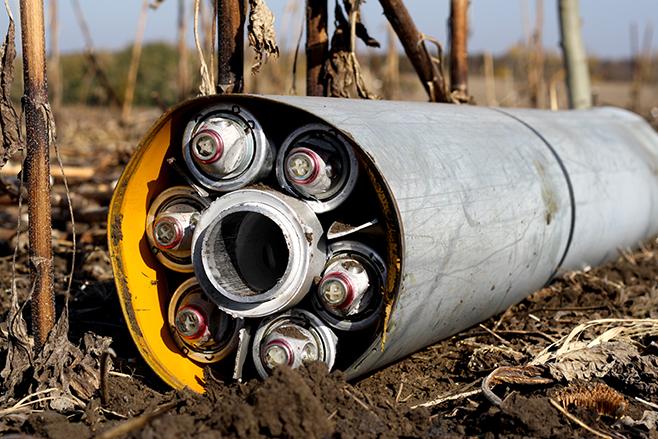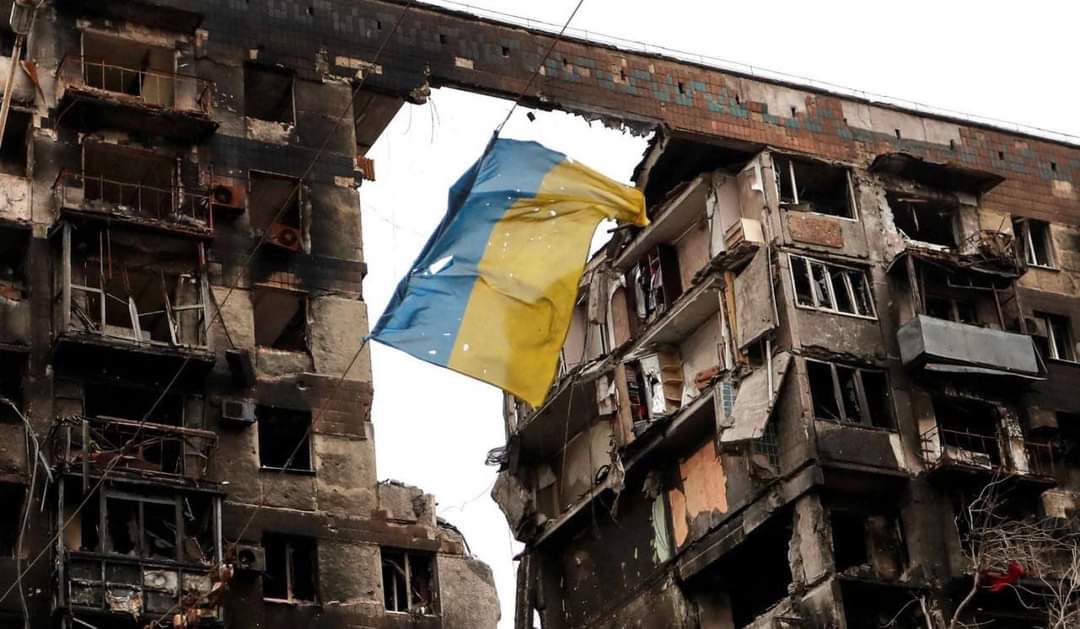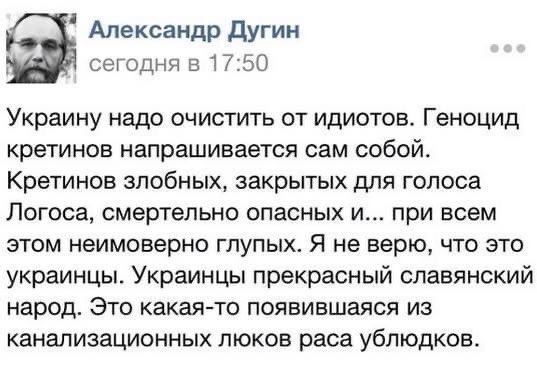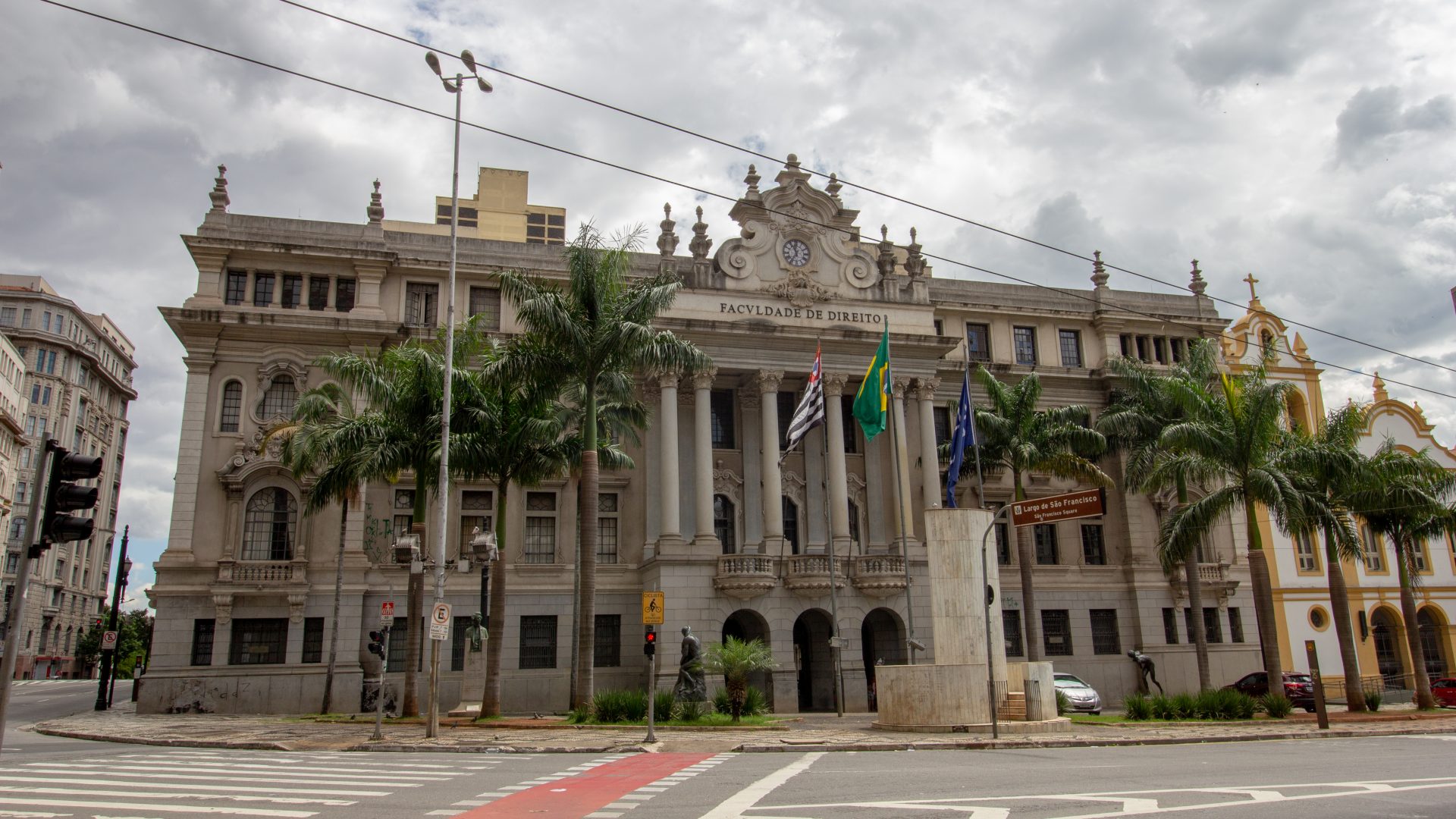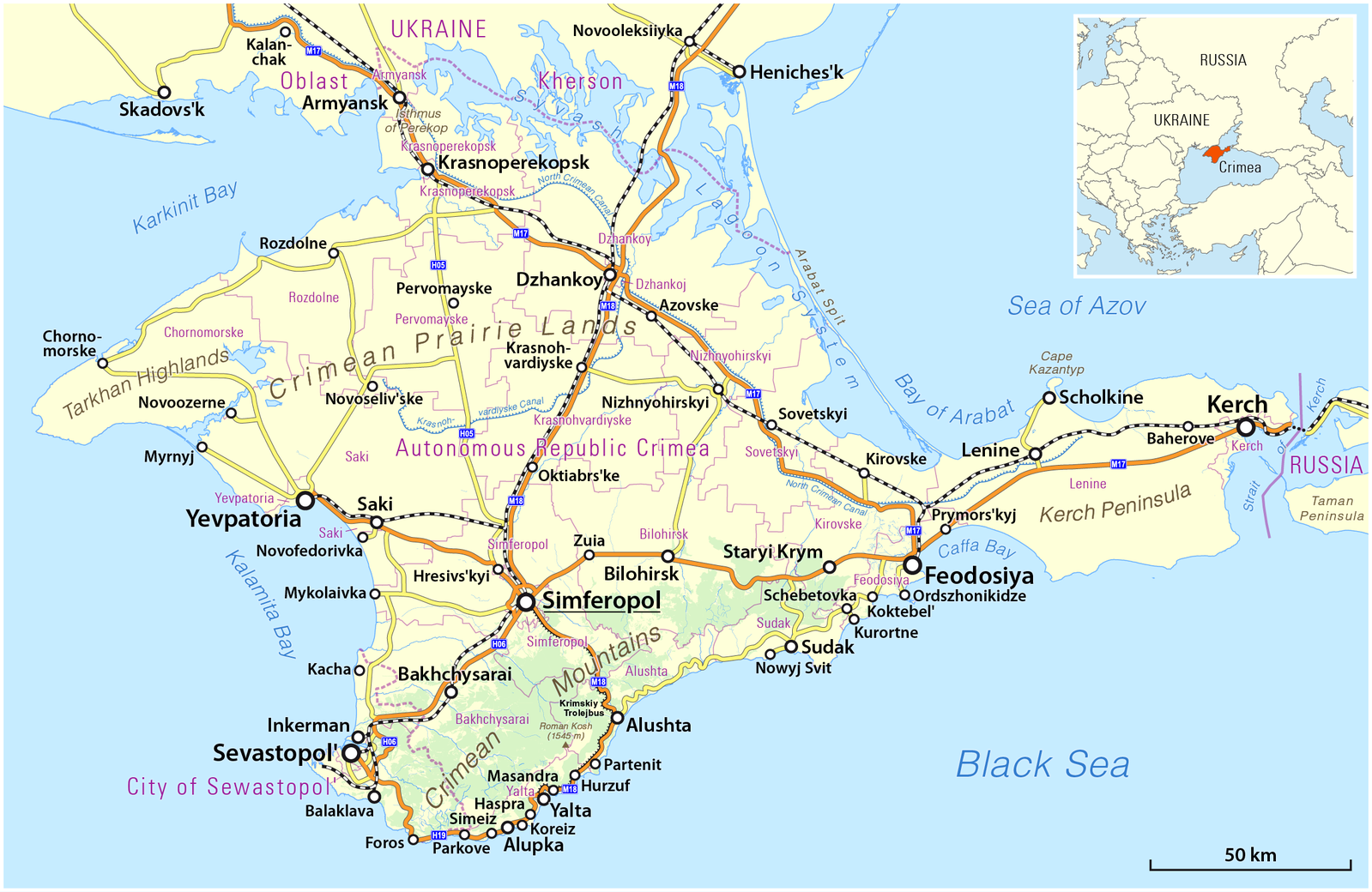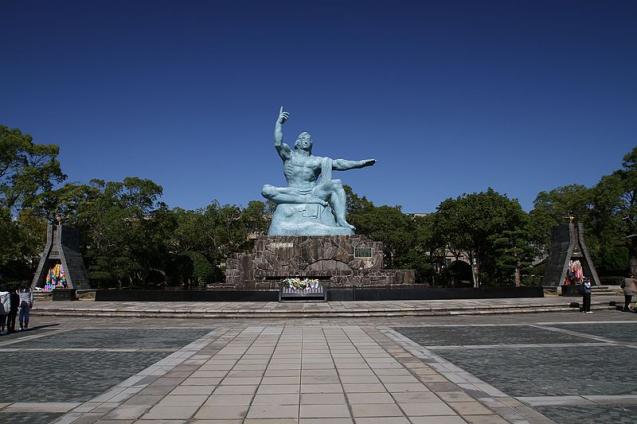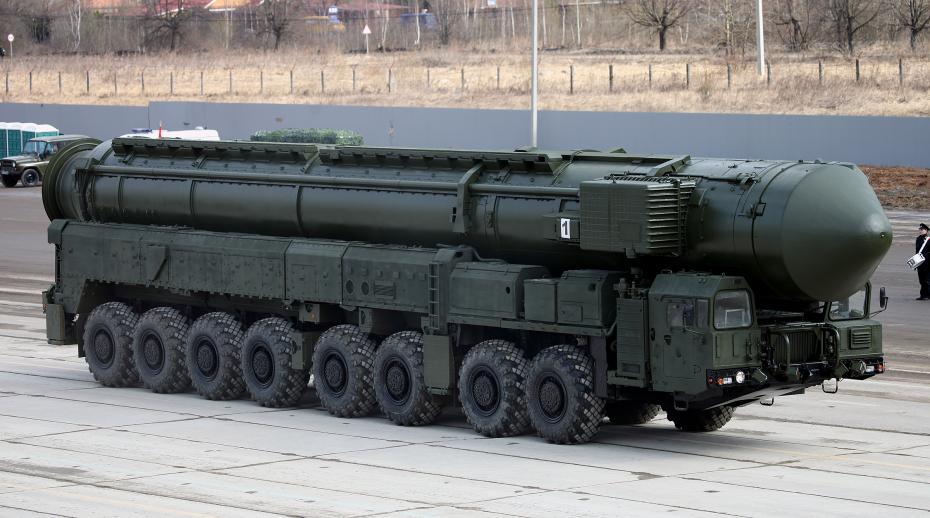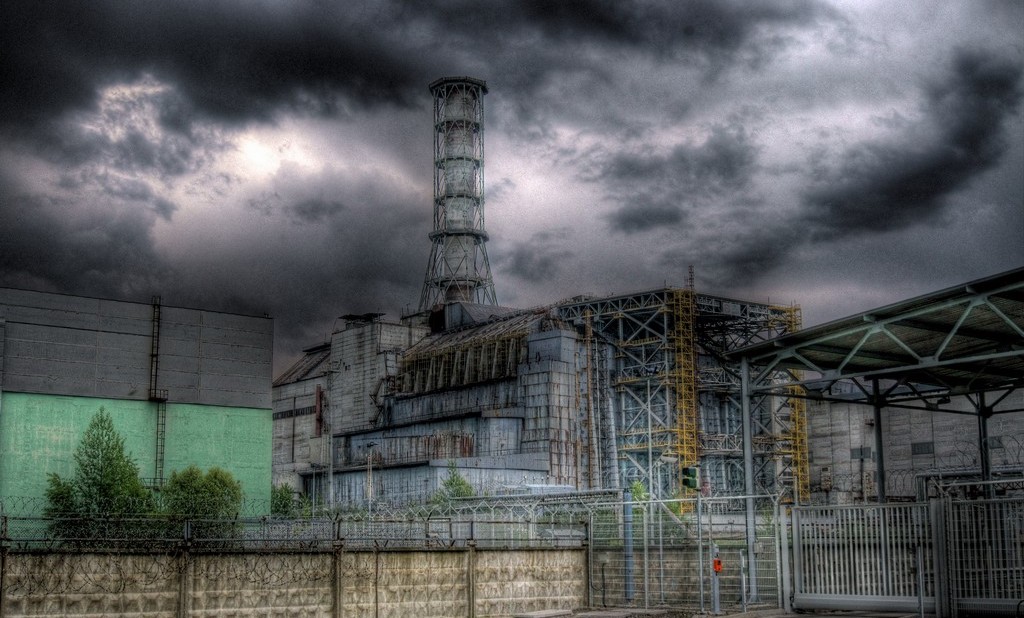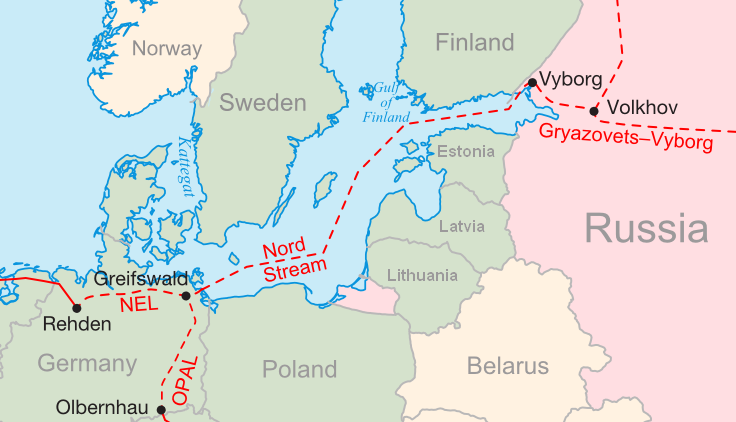
Russia ‘weaponizes’ gas supplies to Europe
Russian energy giant Gazprom cut off the flow of natural gas to Germany and other European markets via the Nord Stream pipeline, calling it a three-day shut-down for maintenance. But Western governments charge that Russia is “weaponizing” gas supplies amid the Ukraine war. Days earlier, Germany’s government broached allowing the blocked Nord Stream 2 pipeline to begin pumping Russian gas. Wolfgang Kubicki, vice president of the Bundestag, said the move is necessary so “people do not have to freeze in winter and that our industry does not suffer serious damage.” His comment prompted a harsh response from Kyiv, where Foreign Minister Dmytro Kuleba said that “addiction to Russian gas kills.” (Map: Wikipedia)



